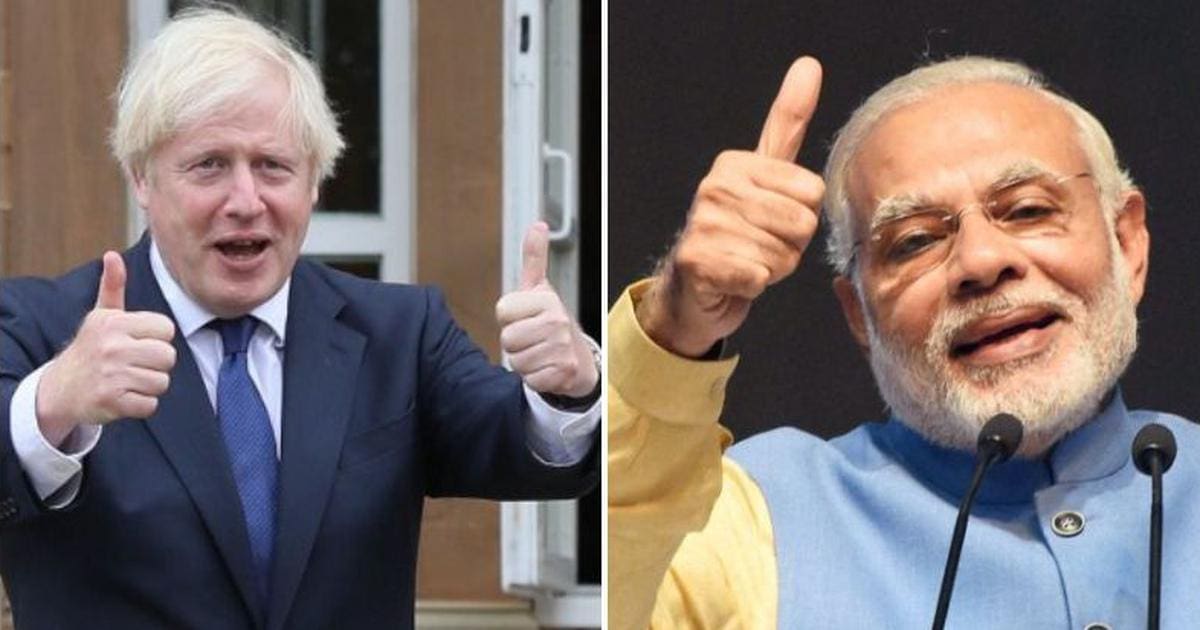As a key target of the United Kingdom’s post-Brexit Global Britain strategy, India should be viewed not merely as a crucial commercial interest but also a rival, according to a report released recently by think tank Chatham House, or the Royal Institute of International Affairs, on the UK’s future as a non-member of the European Union (EU).
‘Global Britain, global broker: A blueprint for the UK’s future international role’, compiled by the think-tank urges the United Kingdom to focus its energies on investing in becoming a global broker to link together liberal democracies of the world and a continued alignment with the EU and its member-states as well as the United States.
Other economically significant Asia-Pacific democracies already part of British and US alliance structures—Australia, Japan and South Korea—are also flagged as a priority, given the increasing pressure they face from a ‘stronger and more assertive China’.
“In contrast, some of the original targets of ‘Global Britain’—China, India, Saudi Arabia and Turkey—may be important to the UK’s commercial interests, but they will be rivals or, at best, awkward counterparts on many of its global goals,” it cautions.
It accepts India’s importance to the UK as being ‘inescapable’, given that it is set to be the largest country in the world by population very soon and have the third-largest economy and defence budget at some point in this decade, as also an English-speaking country with a large UK diaspora.
However, due to the two countries’ shared colonial history, “developing the relationship with India, a pivotal regional democracy, as part of this shift in British strategic focus, will prove a complex task,” it points out.
The report also points to India’s ‘complex, fragmented domestic politics’, which make it one of the countries resistant to open trade and foreign investment. It highlights concerns raised by domestic groups as well as the United Nations and other democracy-watchers over a ‘crackdown on human rights activists and civil society groups’ not being actively challenged by the judiciary.
“While giving India the attention it deserves, the UK government needs to accept that gaining direct national benefit from the relationship, whether economically or diplomatically, will be difficult,” the analysis notes.
Against this backdrop, the report reflects on the prospect of including India within any new Democratic 10 or D10 coalition of 10 leading democracies at this time as it could make building meaningful consensus on policy or joint actions that much harder.
“The UK should invest in becoming a global broker, leveraging its unique assets to link together liberal democracies at a time of strategic insecurity and engage alongside them with other countries that are willing to address shared international challenges constructively,” it notes.
“At a minimum, the UK needs to be a leading member of the group of countries protecting and supporting liberal democracies and standing up for rules-based international collaboration. It can also be a broker helping to connect democratic and non-democratic governments in initiatives to tackle shared global challenges, from climate change to health resilience and equitable growth… The world needs less talk and more action. In this sense, an appreciation of Britain as a valued and creative global broker must be earned, not declared,” it concludes.

